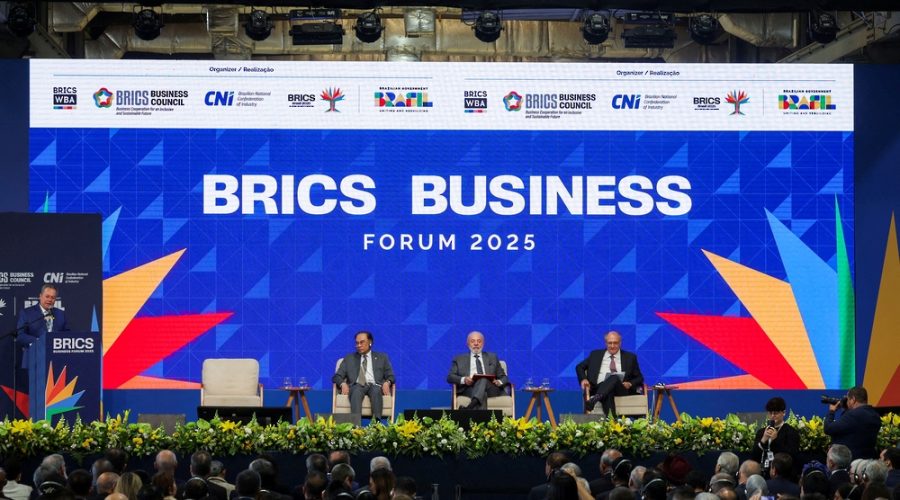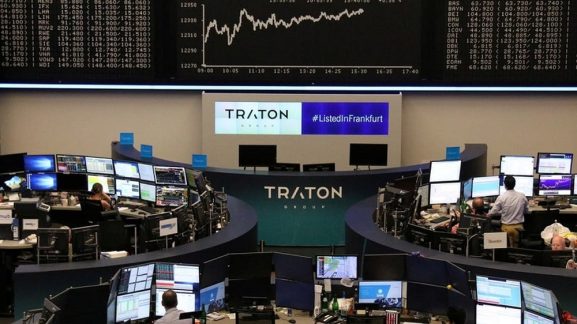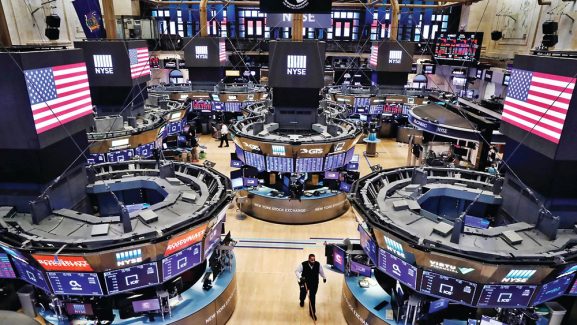BRICS Finance Ministers Call for Comprehensive IMF Reform: What It Means for Investors and Businesses in Oman
On July 6, in Rio de Janeiro, finance ministers from the BRICS group issued a joint statement calling for significant reforms in the structure of the International Monetary Fund (IMF). They emphasized the need for a redistribution of quotas and voting rights to reflect the current global economic landscape and to end the monopoly of European countries over the leadership of this international institution.
This statement marks the first unified position taken by BRICS nations regarding IMF reforms, in preparation for the upcoming quota review meeting scheduled for December. This meeting will reconsider member contributions and voting rights based on their economic weight.
The statement highlighted that the restructuring of quotas should reflect the relative standings of member countries in the global economy while ensuring that low-income countries maintain their shares. It also stressed the necessity of increasing shares for developing nations within this new framework.
In this context, a Brazilian official mentioned that the finance ministers proposed an adjusted formula that considers Gross Domestic Product (GDP), purchasing power, and the relative value of currencies. This aims to ensure a fairer representation of emerging economies.
These discussions precede the BRICS leaders’ summit, which will take place later in Rio de Janeiro, following last year’s expansion when six new countries — Saudi Arabia, the UAE, Egypt, Ethiopia, Indonesia, and Iran — joined, enhancing its geopolitical significance as a unified voice for the Global South.
The ministers underscored the importance of strengthening multilateralism and regional representation in the leadership of international financial institutions. The statement also noted ongoing discussions about establishing a new guarantee mechanism supported by the group’s national development bank to reduce financing costs and boost investment in emerging markets and developing countries.
Special Analysis by Omanet | Navigate Oman’s Market
The recent call by BRICS finance ministers for significant reforms within the International Monetary Fund (IMF) signals a critical shift towards a more equitable global financial system. For businesses in Oman, this presents new opportunities to engage with emerging markets, particularly as the BRICS nations gain influence in international trade and investment.
However, this landscape also introduces risks related to economic dependency on these evolving blocs, potentially shifting focus away from traditional partners. Investors and entrepreneurs should closely monitor these developments, considering strategic investments in sectors that align with the goals of emerging economies, particularly in infrastructure and sustainable development initiatives.
Source: Oman News



